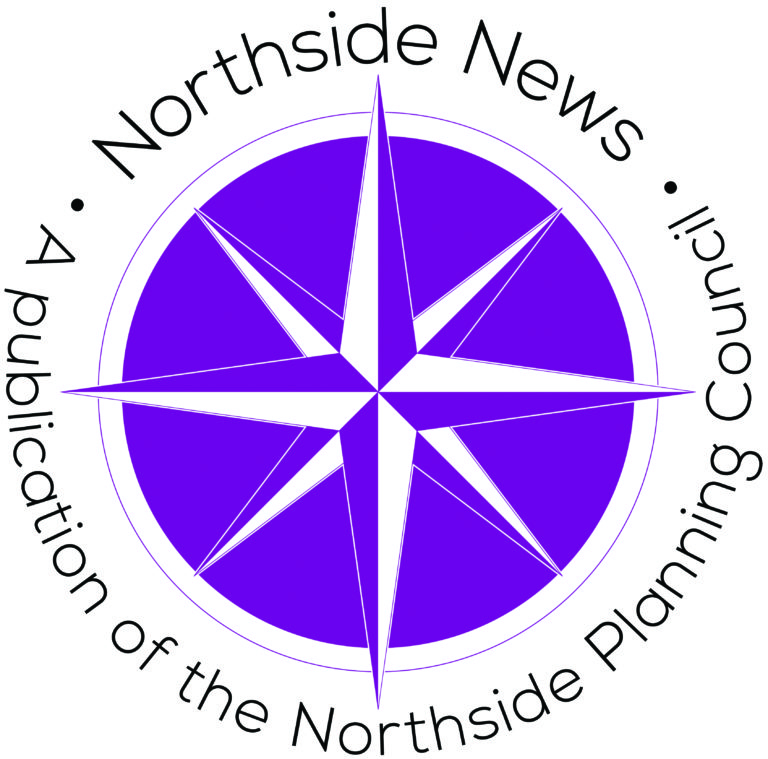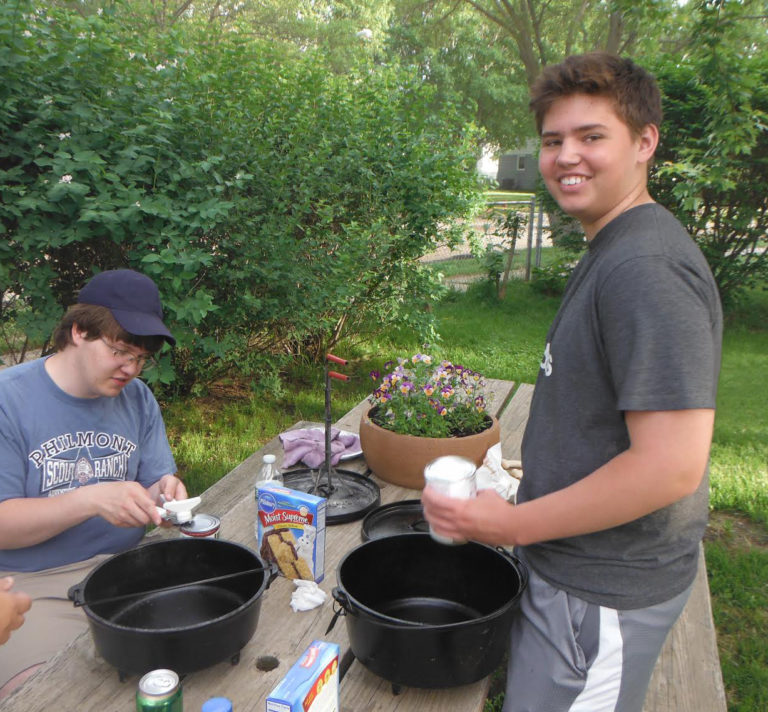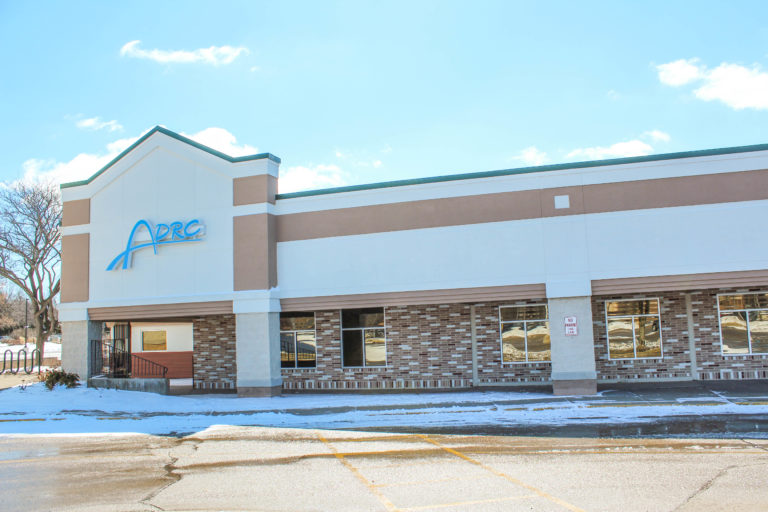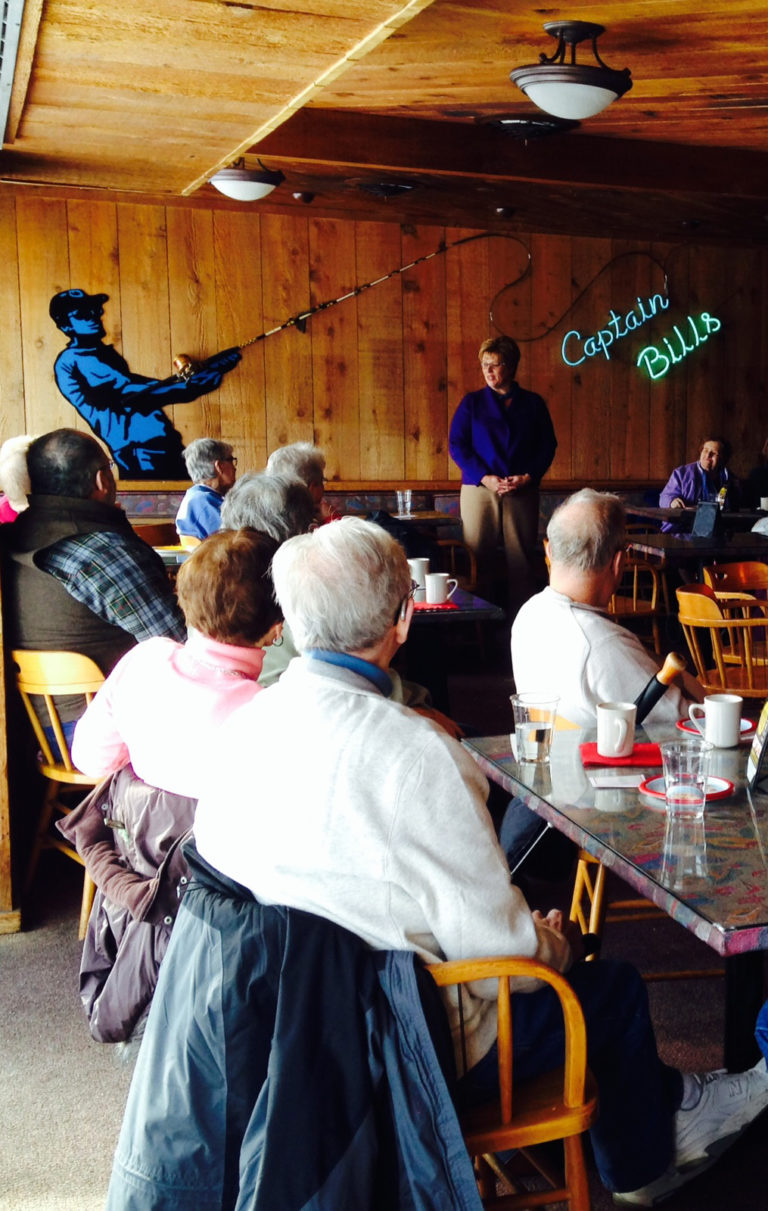By Elizabeth L. Merfeld
Madison Metropolitan School District
The Northside’s Lake View and Mendota elementary schools are included in a proposed plan for facilities improvements at 16 schools in the Madison Metropolitan School District (MMSD). A referendum to finance finalized plans will be on the April ballot.
The proposed plan, designed as the first phase of a long-range planning process to improve school buildings, focuses on the district’s most critical facility needs — space, accessibility and renovations.
Included is the installation of an elevator at Lake View Elementary, one of several MMSD schools with second or third floor classrooms accessible only by stairs. The plan also calls for expanding the school office and adding a controlled entrance. The total estimated cost is $379,210.
Renovation work at Mendota would consist of interior and exterior building upgrades to increase accessibility and create conditions more conducive to teaching and learning. This would include the addition of an elevator, correction of drainage issues, HVAC upgrades (including air conditioning and boiler replacement), and new ceilings and LED lighting throughout. The estimated cost is $3,432,730.
In addition to building improvements, a $2,000,000 districtwide technology upgrade would replace server and storage systems and increase bandwidth as the district plans for the acquisition and deployment of computing devices for all students over the next four years.
The entire project, estimated to cost $41 million, would have an estimated tax impact of $62.95 per year for 10 years on an average home value of $237,000. You can view details and draft floor plans for all 16 schools at www.mmsd.org/facilities.
In the coming months, the district will hold several informational sessions, including meetings at each of the schools identified in the plan. Dates and times of the informational sessions will be announced on www.mmsd.org and in the district’s biweekly family and community e-newsletter, “School, Home, Community-Connection,” also available in Spanish. (You can subscribe at www.madison.k12.wi.us/newsletter.)
Learn more at www.mmsd.org/facilities, or contact MMSD at 663-1879 or via email at comments@madison.k12.wi.us.



